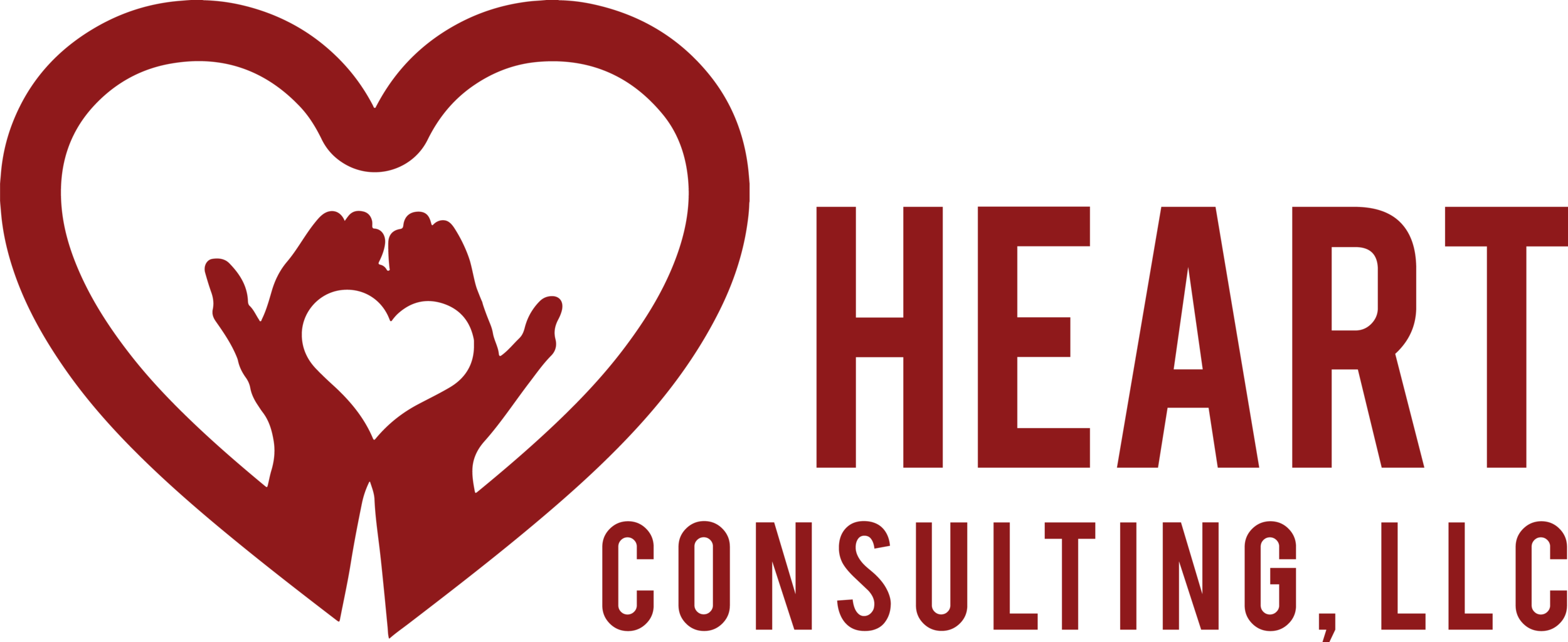Being an Ally
I have been working in various ways over the last 10 years to help support people of all abilities in whatever way I can. I have often been asked how I got involved in this work. Frequently, people who work in this area either have a disability themselves, or have a personal connection with someone with a disability. The truth is, I have neither. So how did I start this journey in being an advocate for people with disabilities?
Back in college, I planned on being a physical therapist. But a friend of mine was doing social, academic, and communication skills coaching with some kids and teens on the Autism Spectrum, and told me she thought I would be really good at it. I started working with kids, as well as with their families, and it completely changed my career path. I saw amazing kids with so much to offer our community, but at the same time families who were struggling. Every parent has long lists of things to do, but when you add in additional care your son/daughter may need, IEP meetings and feeling the constant need to advocate for your child when schools, societies, and government programs are not meeting your needs, it can become overwhelming. I wanted to find ways to be a strong advocate and ally. Not someone who makes decisions for people, but who provides the resources and information necessary to make the best decisions for themselves.
Throughout years of being an ally, when I was asked what I do for a living, I would get basically the same three responses: "That must be so rewarding!", "You must be so patient!", and "You are such a good person!"
So many problems with these responses, it's hard to know where to start. But I'll take a shot at it anyway....
1. It's crazy how condescending these statements are. I'm not talking about to myself, but to the people I work with. People with disabilities do not exist to be inspiration to others. And they are not here so that people without disabilities can feel better about themselves for helping them.
2. I am the LEAST patient person I know. Ask my husband how annoying my impatience is. There is this attitude in our society that people with disabilities are "difficult" or "challenging to work this", and this simply is not true. The skill I use most often in my work is simply listening. Really, just shutting up and listening. I may never know what it is like to live with the disabilities that my clients have, but the least I can do is to listen to their wants and needs without interjecting what I think they should do. I provide resources and information, and let people decide for themselves what to do with it. It may not always be what I would do, but everyone, of all abilities, has the right to make their own decisions and take their own risks.
3. Let's not assume that anyone working with people with disabilities is automatically a "good person". That's not to say I'm a bad person. I'm not perfect, but consider myself a decent human being. However, 90% of sexual assaults are perpetrated by someone the victim knows. This means that when we are talking about people who have disabilities, it is often their staff and caregivers who are committing these crimes (along with family, friends, roommates, significant others, teachers, etc). This is a serious problem in our community. These staff people have the opportunity to assault over and over again, without ever being caught, stopped, or prosecuted.
So what does being an ally mean? It's first and foremost about listening. I can then take the concerns, wants, and needs I hear from people to provide the best resources and advocacy I am able to. This means not telling people what they need, not telling people what they should or shouldn't do, and not assuming you know what's best for anyone.
We all need allies. The epidemic of sexual assault and domestic violence against people with disabilities is not "their" problem, just like women's rights is not a "woman's problem", civil rights is not a "minorities problem", and so on. We should be standing up for anyone whose voice and power has been taken away, and should all recognize our privileges and use them to change our communities and the systems that are being used to oppress others.
Thank you for reading,
Ellen Merker
Founder, Director at Heart Consulting
